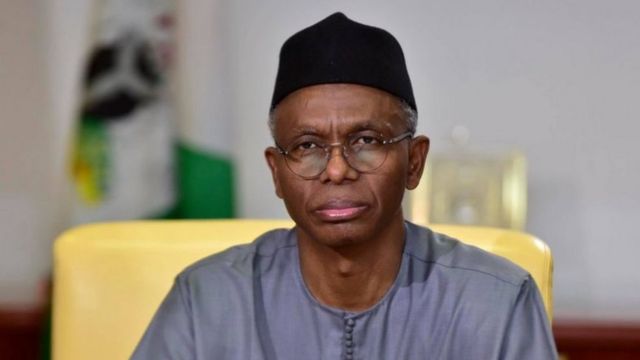Breaking from Colonial Past, Niger Makes Hausa Lingua Franca

In rejection of its colonial past, Niger Republic has made Hausa the official national language, effectively downgrading French to a working language of minimal status.
The step, formalized by the issuance of Refoundation Charter recently in Niger’s Official Journal, is a bold escalation of the country’s campaign for regaining its sovereignty and rewriting its relations with former colonial masters.
The announcement follows political instability since the July 2023 military coup against President Mohamed Bazoum. The Refoundation Charter, broadly shared on social media, is a cornerstone of the ruling junta’s desire to change the country’s political and cultural landscape, responding to increasing anti-colonialism in the country.
French had dominated Niger’s government, education, and public life for decades, continuing from its colonial past. But this was checked in mid-March when Niger and Mali both withdrew from the Organisation Internationale de la Francophonie (OIF), a group of French-speaking nations comparable to the British Commonwealth.
The departure from the OIF followed the suspension of Niger’s membership by the organization in the wake of the coup, demanding a return to democracy and the release of Bazoum and his wife, who remain in the junta’s custody.
Niger cited ongoing foreign pressure and interference as the reason for quitting.
The Refoundation Charter not only advocates for Hausa but declares its intent. Hausa, a widely disseminated language in West Africa, is a vehicle through which regional cohesion and re-anchoring to its aboriginal heritage occurs, drawing Niger nearer to its roots.
This new status attempts to foster a heightened national consciousness rooted in indigenous culture in contrast to colonial tradition.
Concurrent with the change of language, the charter legitimises the appointment of General Abdourahamane Tiani as President of the Republic for 60 months of transition, solidifying the junta’s grip on power.
The move is in keeping with a growing trend across the Sahel region of countries actively working to dismantle remnants of colonial systems and assert their autonomy.
Niger’s latest actions are about more than leadership and language.
Last month, the government began to rename streets that previously were named under colonial-era nomenclature. In the past, Niger claimed a European country was employing “Trojan Horse” tactics to destabilize it.
And last November, the authorities announced they would be recasting the country’s colonial past, depicting it from a Nigerien perspective and to its actual form.
Highlighting this categoric break with the past, Niger has undertaken positive steps to seek new amity. Welcome to be rid of claimed French intervention, and its erstwhile regional partners, the country, along with Burkina Faso and Mali, has renounced membership from the Economic Community of West African States (ECOWAS) and established the Alliance of the Sahel States (AES), a newly created regional coalition based on shared political ideology and the pursuit of greater autonomy.
France has never accepted the legitimacy of the current junta. Niger is rapidly working to minimize French dominance in every sector, solidifying its new path of pursuing self-determination and regional cooperation. The selection of Hausa as the national language is a strong re-assertion of this resolve and a clear indication that Niger is forging a new destiny, independent of its colonial past.









